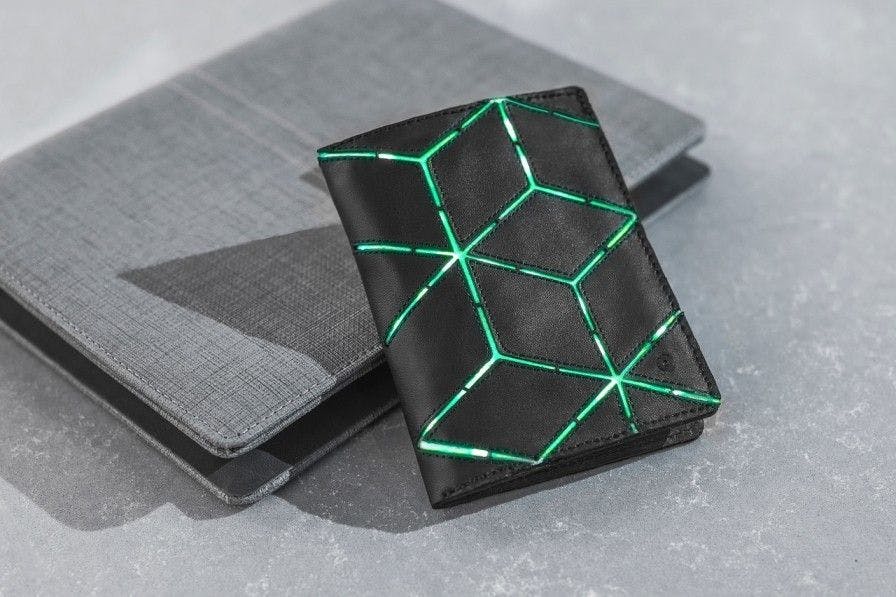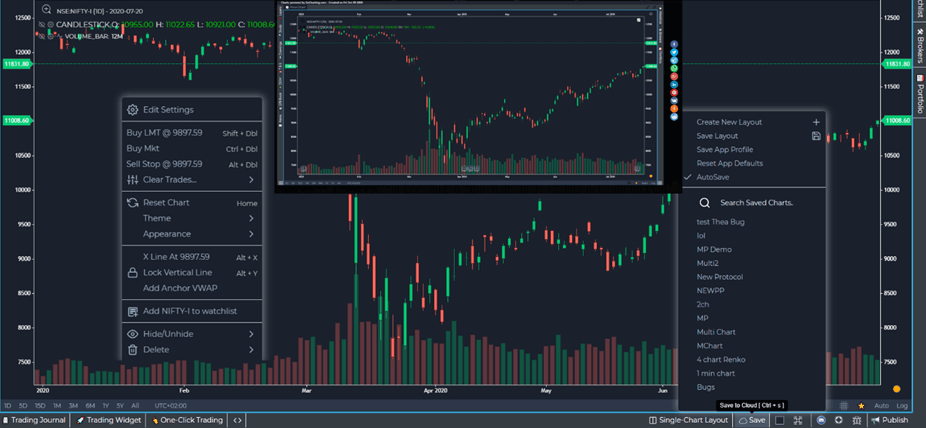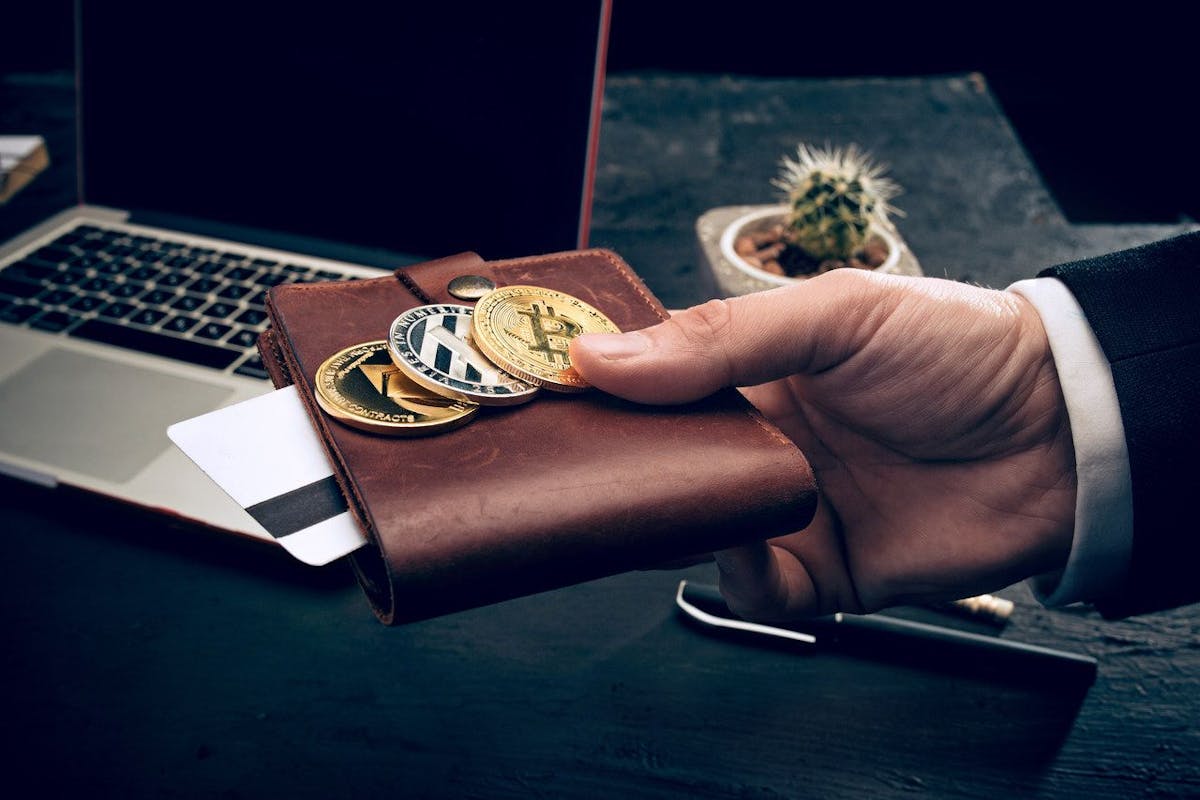Cryptocurrencies such as Bitcoin, Ethereum, and Cardano are digital assets that use cryptography for secure financial transactions. These cryptocurrencies can be bought, sold, and traded on various online platforms known as exchanges. However, instead of keeping your cryptocurrency on an exchange, you can also store it in a personal cryptocurrency wallet. Which is better: store crypto via exchange or wallet?
How do Exchanges hold your Crypto?
When you own cryptocurrency on an exchange, you do not actually have possession of the private keys that grant access to your digital assets. Instead, the exchange holds these keys on your behalf and allows you to buy, sell, and trade your cryptocurrency through their platform. This can be convenient, as exchanges often offer a wide range of trading options and allow you to easily buy and sell your cryptocurrency with other users.
What are the Risks of having Cryptos on an exchange?
There are many risks to keeping your cryptocurrency on an exchange. Exchanges are vulnerable to hacks and other security breaches, and if your exchange is compromised, your cryptocurrency could be lost or stolen. Additionally, exchanges are subject to the regulations and policies of the countries in which they operate, and your access to your cryptocurrency may be restricted if the exchange faces legal or regulatory issues.

Storing Crypto in a Personal Wallet
On the other hand, storing your cryptocurrency in a personal wallet gives you complete control over your private keys and allows you to hold and manage your digital assets directly. This means that you are responsible for the security of your wallet and the safety of your cryptocurrency, but it also means that you have full control over your assets and are not subject to the policies or restrictions of an exchange.
There are several different types of cryptocurrency wallets to choose from. This includes software wallets that are on your computer or mobile device, hardware wallets on a physical device, and paper wallets that are on physical papers. Each type of wallet has its own set of benefits and drawbacks, and it’s important to research and compare the different options before deciding which one is right for you.
–> Click here to get yourself an awesome crypto wallet <–
Conclusion
Owning cryptocurrency on an exchange can be convenient and offer a range of trading options, but it also carries some risks and is subject to the policies and regulations of the exchange. On the other hand, storing your cryptocurrency in a personal wallet gives you full control over your private keys and digital assets, but it also means that you are responsible for the security and management of your cryptocurrency. Ultimately, the decision of whether to own your cryptocurrency on an exchange or in a personal wallet will depend on your individual needs and priorities.
–> Visit our shop to find discounted crypto wallets <–
Offer from CryptoTicker
Are you looking for a chart analysis tool that doesn’t distract you with community messages and other noise? Check out GoCharting! This is an easy-to-use online charting tool that requires no downloads or prior knowledge.
Click here to get a 10% discount on your first payment (monthly or yearly)!



